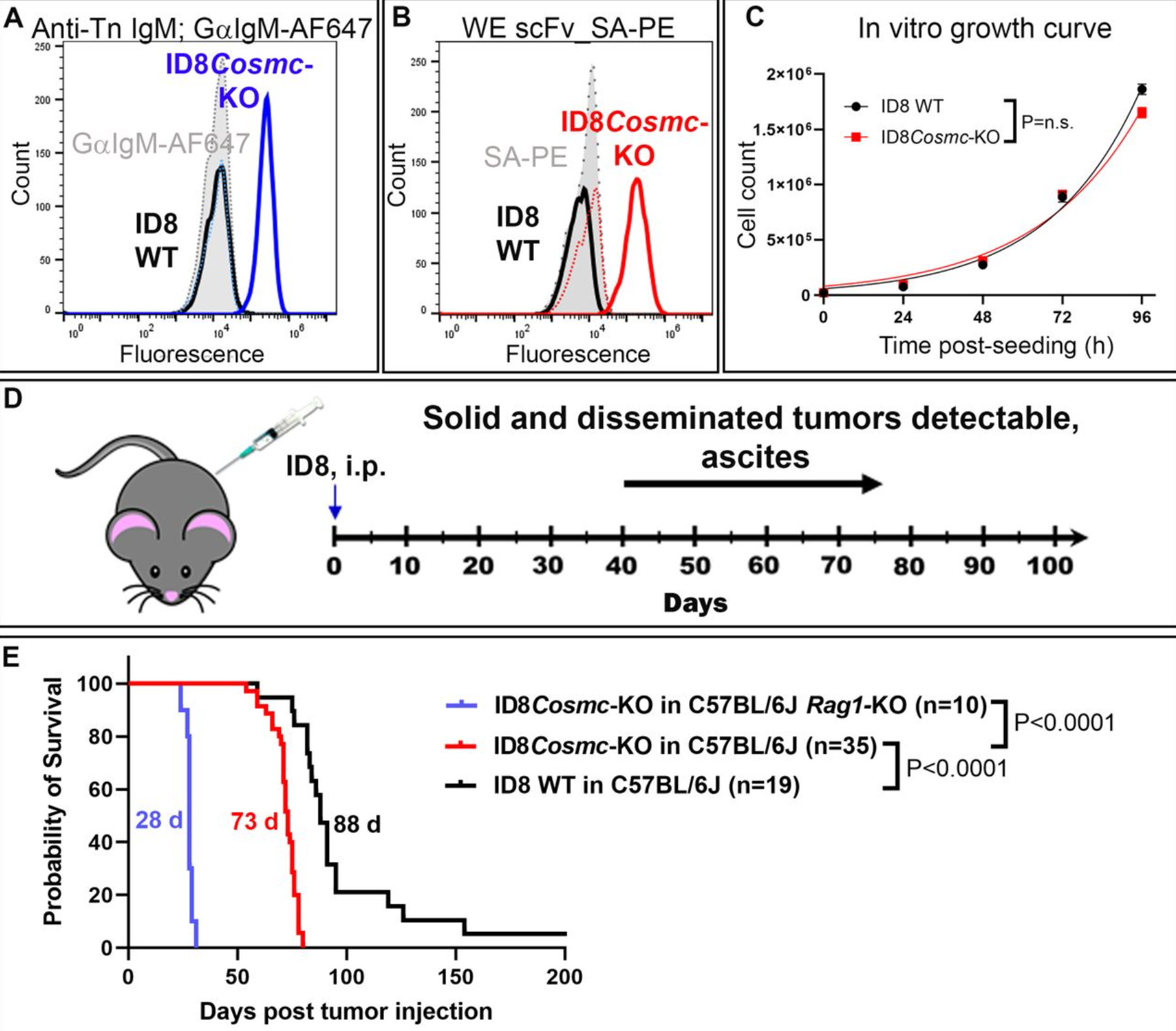In a recent study, researchers from the University of Illinois Urbana-Champaign in the United States have discovered that CAR-T cell immunotherapy could potentially be a highly effective treatment for solid tumors if the right target can be identified. They successfully applied CAR-T cell therapy in a mouse model of ovarian cancer, an aggressive solid tumor for which effective CAR-T cell therapy had previously been elusive. The findings of this study were recently published in the Journal for ImmunoTherapy of Cancer under the title “Single CAR-T cell treatment controls disseminated ovarian cancer in a syngeneic mouse model.”
The first author of the paper, Diana Rose Ranoa, stated, “Even in late-stage tumor models, with just a single dose of CAR-T cells, we observed strong anti-tumor effects. Many questions remain to be answered, but this new research indicates that once CAR-T cells identify the right target, they can eliminate this type of cancer.”
T cells are white blood cells in the immune system that can recognize and attack specific foreign invaders within the body. CAR-T cell therapy uses special molecular receptors known as chimeric antigen receptors (CARs) to bind with cancer biomarkers. CARs assist a patient’s own T cells in targeting and attacking cancer within the body, much like they would target foreign invaders.
The corresponding author and honorary professor of biochemistry at the University of Illinois Urbana-Champaign, David Kranz, explained that while this therapy has been effective for blood cancers such as leukemia and lymphoma, solid tumors have remained challenging to treat with CAR-T cells.
Kranz stated, “The targets that CARs act on in solid tumors are different from those in blood cancers, and finding targets that are not present in healthy tissues has been difficult. Another factor is that solid tumor cells have ways to suppress the immune response to evade recognition by T cells and other immune cells. There is currently a significant effort underway to overcome both of these obstacles – finding good targets and finding the right type of CAR that can recognize these targets.”
In this new study, the researchers focused on a carbohydrate present on the surface of solid tumor cells rather than healthy cells. They developed CAR molecules with varying affinities for this carbohydrate and first tested them in ovarian cancer cell cultures in vitro, followed by testing in live mice with ovarian cancer. They found that CARs with the highest affinity for this carbohydrate were highly effective in helping T cells detect and eliminate cancer, with tumor shrinkage or elimination achievable with just a single intravenous or intraperitoneal dose. Furthermore, these CAR-T cells remained active for several months to over a year after the initial dose, extending the lifespan of these mice.
Kranz remarked, “We were surprised at how well CAR-T cell therapy worked in causing the regression of these tumors, not only because it worked for an extended period, but also because we were treating late-stage cancer. Most studies in mouse models are done early after tumor implantation. Our treatment was initiated at the stage where human patients are typically diagnosed with cancer.”
The authors hope that factors unique to the design of this study and others will make their treatment approach more likely to translate to clinical application in humans. The standard for mouse cancer experiments involves implanting human cancer cells into immunocompromised mice to allow the foreign cancer to grow. However, this new research used immunocompetent mice that have a functioning immune system and targeted a biomarker present in both mouse and human ovarian cancer.
Ranoa explained, “Establishing models in mice with intact immune function allows us to demonstrate the behavior of CAR-T cells in the presence of a host’s intact immune system and confirm that they do not have toxic effects on healthy tissues. This therapy is tumor-specific. Now that we have this CAR that has shown it can kill mouse ovarian cancer and has been designed to recognize the same target in human cancer, human studies are the logical next step.”
The authors plan to test their CAR-T cell therapy on human cancer cell cultures and continue the search for other potential targets within solid tumors that can be recognized by their CARs.
Kranz concluded, “With the powerful efficacy of CAR-T cells in this mouse model, we hope it can be applied to human patients. Achieving specificity in therapy for tumors without significant side effects to patients is the ultimate goal in this field.”
Reference
1. Ranoa, Diana Rose E., et al. “Single CAR-T cell treatment controls disseminated ovarian cancer in a syngeneic mouse model.” Journal for ImmunoTherapy of Cancer 11.5 (2023).

